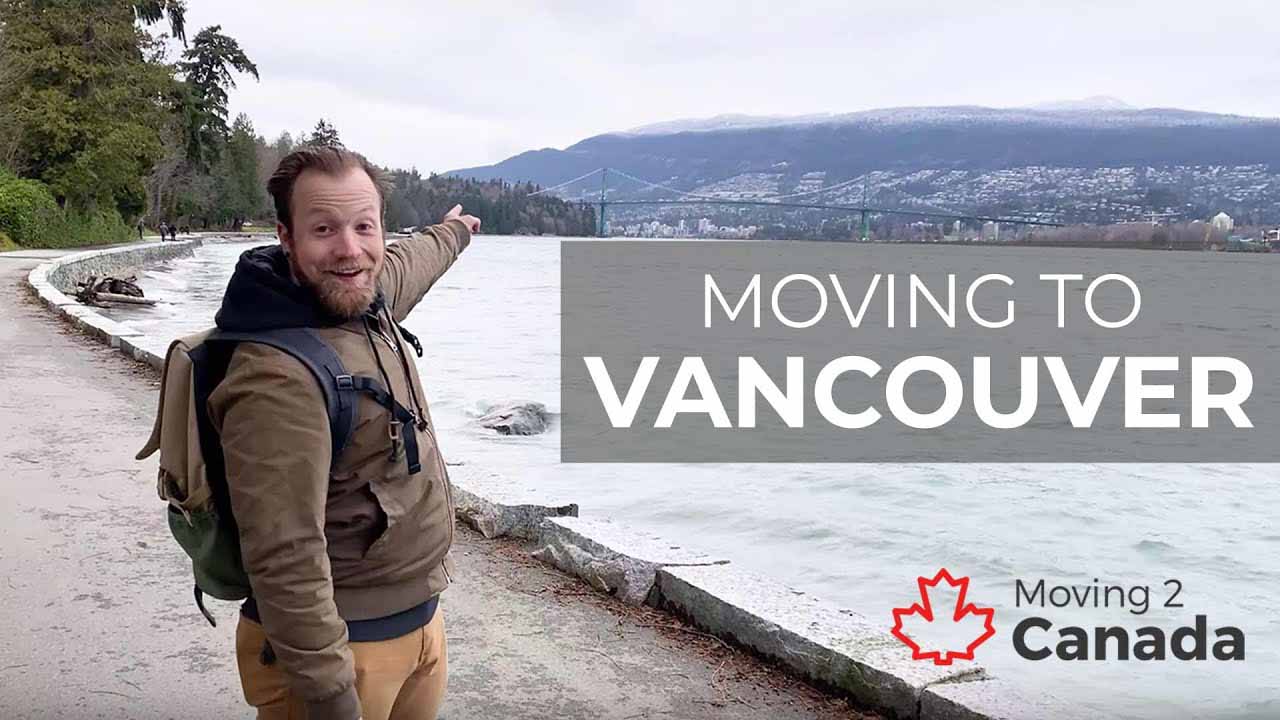Find the best immigration programs for you
Advertisement
Networking in Canada: How to network your way to job success
According to a Yale University study, around 70 percent of all jobs are found through networking, a time-honoured tradition that most people apply every day without knowing it.
Networking is simply interaction that allows us to pass information from one source to another, through people. Sometimes we need information, and sometimes we have information to pass on. The population of the world is close to eight billion, so why not build a team of people to help you with your job search?
Welcome to our guide to networking in Canada.

Often, fear drives us to think that we should avoid walking into a room full of strangers, reject the idle chitchat about weather over appetizers and neglect the opportunity to meet new people. Why do we make excuses? Are we afraid of feeling out of place while developing a new skill in public? We can feel very small when we are standing alone in a busy room, but we need to change our perspective and practice this skill instead of neglecting it. Networking can, in fact will, develop your communication skills, build your career, and expand your social circles. Every other person in the room is there to meet new people, so what are you waiting for?
This article will focus on how networking in Canada can be instrumental in finding a job. We’ve gathered some simple tips to help you build a team of people to assist you with your job search. It’s amazing how helpful people can be, so don’t be shy about asking someone for assistance. To network successfully, you need strong communication skills and a willingness to engage with others. We propose that you prioritize networking in Canada to make sure that you stand out from the crowd when applying online.
Key concepts for networking in Canada
The focus of networking in Canada, as elsewhere, is communicating your value to others and being a good listener. To do so, you need to understand your strengths and weaknesses. A few questions to help you understand the value you bring:
What are your main strengths? This can relate to your personality or your technical/soft skills.
What makes you different? It’s important to understand what makes you unique.
What are your goals? Have a vision in mind and be able to articulate it.
“Elevator pitch”
When you meet a complete stranger, you will typically engage in conversation over trivial issues like the food, the weather, the event, etc. Be prepared to answer the question “So what brings you here?” This is your cue to communicate your value. The phrase comes from the idea that you should be able to communicate your message to a stranger over the time span of a typical elevator ride. Grab a pen and paper and formulate your sales pitch. Practice makes perfect. Ensure you practice aloud to woo strangers.
Guidelines
20 seconds is typically ideal to cover who you are, what you do, and where you would like to be. For example: ‘My name is John Atkins, I’m a Civil Engineer with two years’ experience on transportation projects and I have just arrived here from Australia. I love it here so far and I’m really excited about growing my career in Canada.’
Ensure you include how people can help you. If you don’t ask, then you don’t get! For example: “I’m looking to connect with other engineers, particularly those who work on bridges.” Business Network International (BNI) invites attendees to ask “who do you know that . . .?”
Where to start?
It’s always easier to network with people who share common interests. Check out Meetup.com and find an upcoming event of interest to you. Set yourself a realistic and achievable goal. For example, make five useful contacts and meet two of them for coffee within the next week.

Your perfect role awaits.
Tips for networking in Canada
- Print off business cards – It’s very easy to have business cards made up cheaply.
- Dress to impress – Take note of the dress code and ensure you dress smart.
- Arrive early – Make life easy for yourself by turning up on time and getting in position to observe how people interact in the room.
- Body language – Always offer a firm handshake, coupled with a warm smile and eye contact. Maintain eye contact while chatting with someone.
- Push yourself outside your comfort zone – Don’t be afraid to mingle and interact with people.
- Names – Always repeat a person’s name aloud. If you can associate his or her name with a spelling, someone you know with the same name, or anything else trivial you are far more likely to remember it.
- Ask questions – The art of successful networking is to engage the other person. “Who?”, “What?”, “Where?”, “When?” and “Why?” become your friends.
- Listen – Our temptation is always to be heard, but take the time to listen more at events and you will make stronger connections.
- Be disciplined with your time – Set an amount of time to spend with people. Some people are happy to make 2-3 connections at an event, while others like to connect rapidly with everyone. Decide on a pace that suits you.
- Embrace the opportunity to introduce yourself to the crowd – Speaking in front of a crowd is simply a habit. If you always avoid it, your fear will grow. Conquer this fear, as the opportunity to communicate your value to a crowd of people at the same time is priceless.
- Be proactive – If you have a good conversation with someone, don’t be afraid to offer your card and ask for theirs. Inquire if they would be open to meeting for a coffee/lunch to follow on your conversation.
- Introductions – Try to bring others into conversation and connect people with common interests. Wouldn’t you like if someone did the same for you?
- Follow up – This is crucial. Ensure you email/call within a few days while the connection is fresh in your mind, as well as theirs. LinkedIn can be a useful tool for this.
Ensure you create a list of contacts that you have built up and try to keep them all updated on your job search with positive messages each week. This step is really important, as it’s crucial to keep yourself in their mind.
Advertisement
Online networking
Not all networking in Canada is about physical meetings. Some people feel more comfortable networking by telephone or email. It’s always more difficult to get someone’s attention by email, so we encourage people to use telephone or meet in person where possible. When you do need to use email, don’t be afraid to follow up as people are busy and it’s important to show people you’re keen to get their help.
LinkedIn is a fantastic tool for researching companies, individuals and relationships, so ensure you avail of this free tool.
Get planning for Canada! Did you know that Canada offers free pre-arrival services for approved immigrants who plan to arrive in the country within the next 12 months? You can get free employment mentorship and more through government-funded pre-arrival services. Find out about pre-arrival services provided by Canada InfoNet here:
Networking events
Networking events in Canada are a fantastic way to make new friends and business contacts. Whether you’re an arts graduate or an engineer, there are many options available to you. Moving a new city can be daunting for many people. Whether you come by yourself or with friends, it’s important to get out and interact. This comes naturally to some, but for other they may need to find new friends through activities or formal networking events.
Networking events in Canada
We have listed some other useful sites below:
MeetUp.com — Very popular amongst newcomers, this organization for networking in Canada allows people to meet like-minded people across a range of professions, interests and activities from hiking, photography, sports, etc. Check out their website to browse your city and local meetups!
Networking Events in Vancouver
Join our Moving2Canada Facebook page to keep up to date.
NetworkingInVan — Aggregates networking events of all kinds across the city.
Vancouver Irish Business & Enterprise (VIBE) — They organize a breakfast event every month open to all, and also host guest speakers and other networking events for Irish community.
Other employment resources
Now that you’ve mastered the resume format in Canada, here are some more resources to help you win interviews and find a job in Canada.
- Practical advice for finding jobs in Canada
- 57 interview questions you could be asked
- How to master the resume format in Canada
- Write the perfect cover letter
Remember also that not all recruitment is done through formal interview processes. Find out how to use an informational interview as a tool to develop your network in Canada.
For vacancies, be sure to visit our Moving2Canada Jobs Board.
Don’t forget to download the resume and cover letter templates from your Moving2Canada account.
Related Content

The Most In-Demand jobs in Canada in 2024
Read more

H-1B Open Work Permit Applications in Canada: New Temporary Public Policy
Read more

Alternatives to the IEC Working Holiday to come to Canada in 2024
Read more

Canada speeding up accreditation for internationally educated health professionals
Read more










